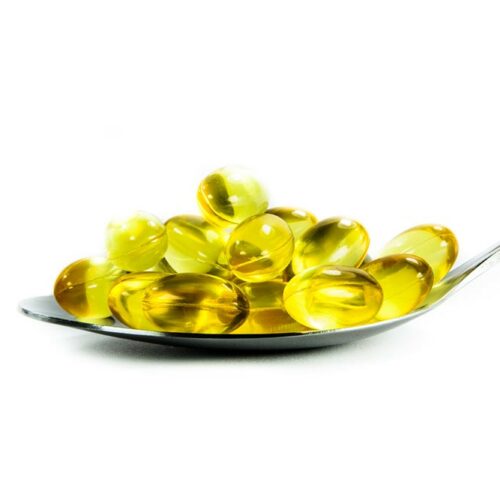4 vitamins important for maintaining eye health

The eyes are one of the most important sensory organs, and they play a massive role in helping one carry out day-to-day tasks. They may seem like simple organs, however, eyes are complex organs that require a lot of care and attention. Additionally, the eyes also need various vitamins and nutrients that help them function properly and keep diseases at bay. In the country, more than 3.4 million people suffer from eye problems. Eye health and problems People affected by eye-related ailments and issues prefer using lenses either in the form of contact lenses or eyeglasses to lessen the discomfort. Many eye-related problems plague people around the world. Some of the common problems are: Blurred vision: Many people are affected by blurred vision, where they are either unable to see objects far away or face trouble seeing objects closer to them. In such cases, they may their ability to see clearly is limited to a particular distance. These problems arise because of the structure of the eye, making it difficult for the light to be refracted. These issues can be fixed with the help of eyeglasses, contact lenses, and even laser surgery. Astigmatism: One of the most common vision problems is astigmatism.






